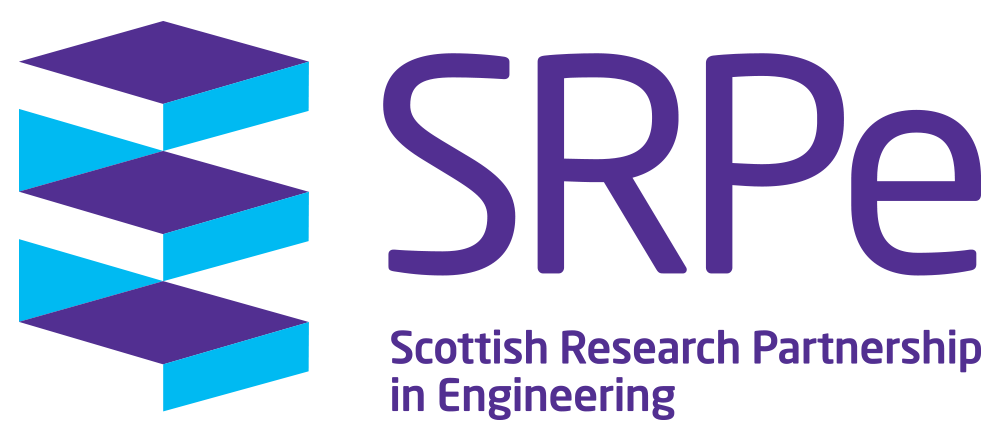Linking Digital Manufacturing to a Digital Tablet: Simulating Tablet Disintegration Using Discrete Element and Pore-scale Modelling
Academic Institution: University of Strathclyde
Academic Supervisor: Dr Daniel Markl
Industry Partner: GlaxoSmithKline
PhD Student: Mithushan Soundaranathan
Start Date: 1st December 2018
Abstract
The majority of medicines are marketed as oral solid dosage forms, and tablets in particular. The building blocks of each tablet include the drug and other components (excipients) that when formulated together confer stability, ease of handling and administration, patient compliance, and assure delivery of the correct dose of medicine to patients in every tablet. The development and manufacture of present-day drugs is much more demanding given the need to achieve target physicochemical and biopharmaceutical properties of the tablet which are themselves a function of more complex molecular and physical properties of the raw materials.
Once of the key operations in the production of a pharmaceutical tablet is the compaction process, which compresses and consolidates the drug and excipient particles to a compact with desired physical and chemical properties. Although it is well-known that the quality attributes of the final tablet are defined by the raw material properties and the manufacturing conditions, their interplay and interconnections are only poorly understood. This is primarily attributed to the complexity of the underlying fundamental and diverse processes that occur during manufacturing but also during the disintegration and dissolution of the tablet.
We will break down the complexity by combining models from different scales (particle, granular material, compact, pores) including continuum swelling, discrete-element and pore-scale models. This will be guided by experimental data from cutting-edge technologies to develop a digital tablet that enables the simulation of the manufacturing as well as the disintegration and dissolution processes.
This project will impact the pharmaceutical industry by realising digital and rapid formulation design and digital manufacturing. Furthermore, being able to digitally design and thereby eliminate unexpected manufacturing and performance problems at an early stage of development will greatly accelerate timelines resulting in increased sales time before patents run out, as well as savings in manufacturing development costs
